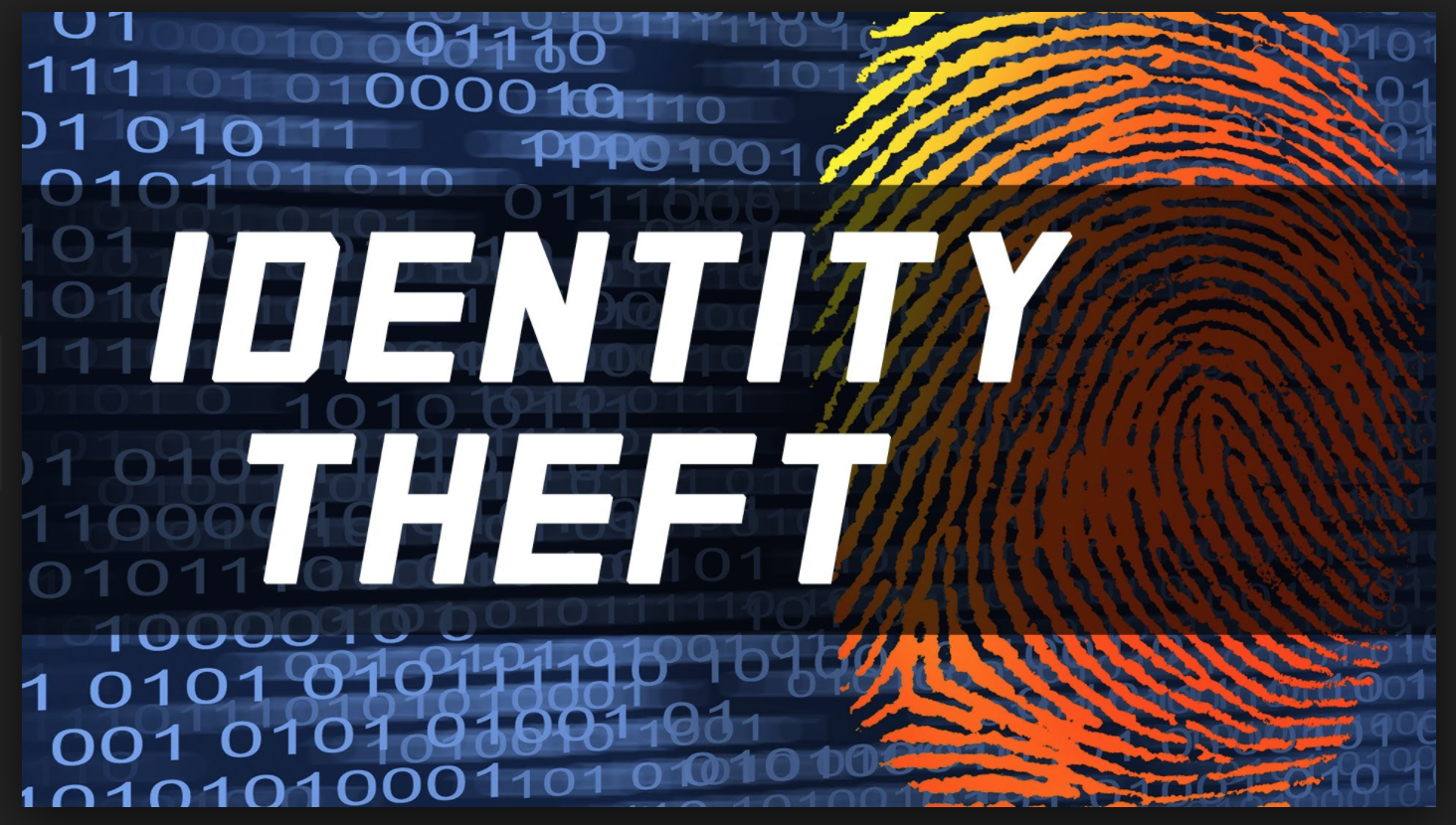
Unfortunately, it may be years before it is apparent that your ID is compromised. And the longer it goes unnoticed, the longer the crooks have to misuse your name, Social Security Number and other personal information for their own purposes.
Look for these signs:
If you get strange bills or statements that you can’t immediately identify, it may be the first signs of identity theft. Always open your mail even if it looks unimportant. An unfamiliar service provider or credit account may be your first clue. What you first think is junk mail may be a bill for services or goods you have no knowledge of.
On the other hand, be aware if there are irregularities in the bills you ordinarily receive. It may be that a criminal has changed the address on the account to help him or her to establish other accounts. If your expected regular mail stops, it is a sign that a change of address request has been filed to facilitate the crook’s use of your identity.
Odd charges on credit card or banking accounts are a signal that your information is being used by someone else. Credit card companies try to alert customers to unusual activity, but they can’t catch all of it. The fraud may start out small as the thief tests to see if the card is active. Some of the scammers keep their charges small to prolong the time before they are discovered and steps taken to halt them.
If you are denied money by an ATM, turned down for a loan or advised that your health insurance is being denied because you are over the annual limit, take immediate steps. Even if you think you are talking with someone who has a legitimate concern in your financial matters, never share a PIN by phone. Caller ID numbers can be spoofed.
If creditors and collection agencies start calling about late or missed payments, don’t shrug the calls off as errors. Get on the chase at once.
If you were expecting a tax refund or if the IRS notifies you that you filed two tax returns, that is a red flag. The Department of Justice knows that thieves have stolen billions of dollars from the U.S. Treasury by filing bogus tax returns using stolen identities. Verify that a caller asking questions about your taxes is a bona fide representative of the IRS before divulging any information.
You can get a free copy of your credit report if you are suspicious of activities surrounding your finances. If the report shows accounts with which you are not familiar, it’s time to start down the long and winding road to resolution of the theft of your identity. You should routinely check your credit report even if you have no reason to think your information is being used by someone else.